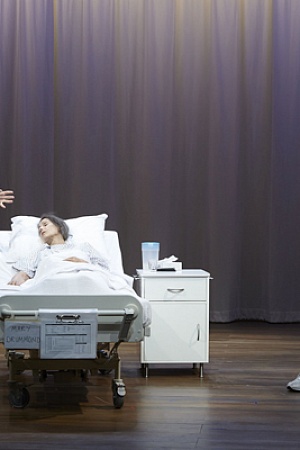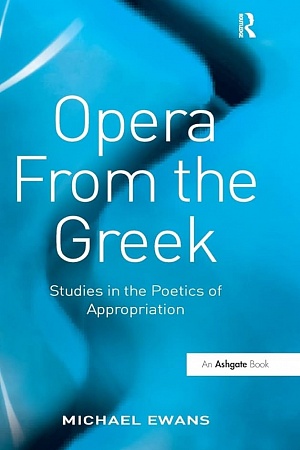Night on Bald Mountain (Malthouse Theatre)
Goats are all but ubiquitous in the work of Patrick White. Start looking for them and they appear everywhere, staring out, page after page, with wise, tranquil eyes, pellets scattering like secrets into dust.
White bred goats, of course, Saanen goats, or tried to, while living at Castle Hill, and it is clear that the goat-mind made a profound impression. ‘One day I’m going to write a novel about goats with human beings to make it appear more “moral”,’ he wrote to his American publisher in 1953, ‘but only to enjoy the great luxury of writing about the goats.’ And he nearly did, two years later, when he wrote of a doomed explorer coming upon a desolate interior populated only by wild goats, descendants of a fabled Ur-goat:
Continue reading for only $10 per month. Subscribe and gain full access to Australian Book Review. Already a subscriber? Sign in. If you need assistance, feel free to contact us.















Leave a comment
If you are an ABR subscriber, you will need to sign in to post a comment.
If you have forgotten your sign in details, or if you receive an error message when trying to submit your comment, please email your comment (and the name of the article to which it relates) to ABR Comments. We will review your comment and, subject to approval, we will post it under your name.
Please note that all comments must be approved by ABR and comply with our Terms & Conditions.